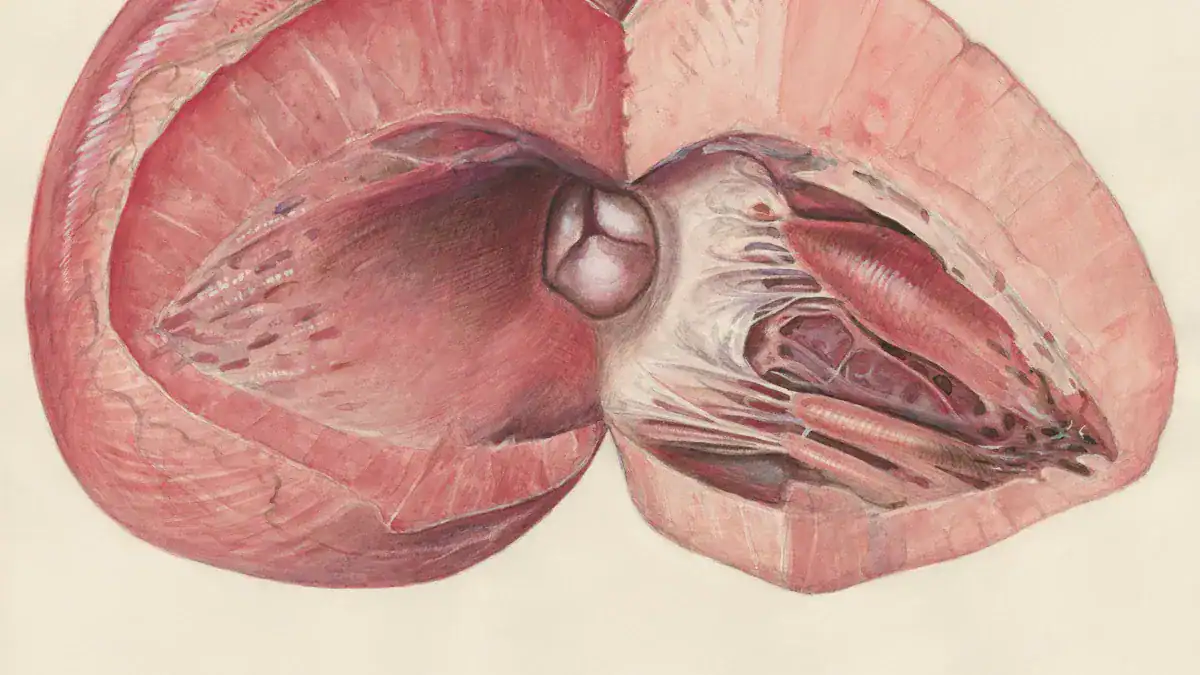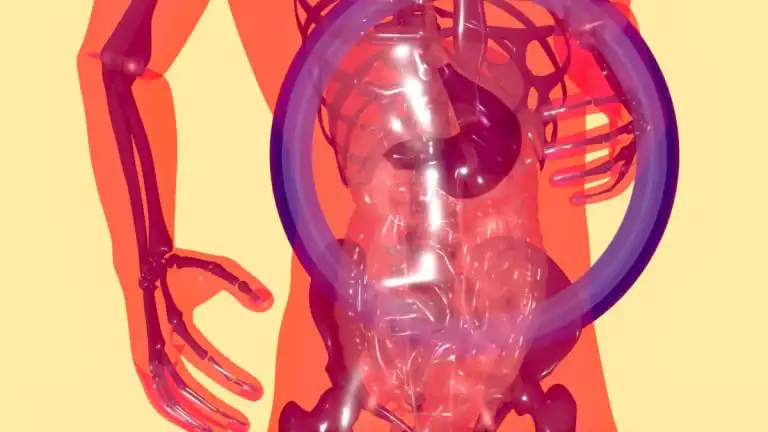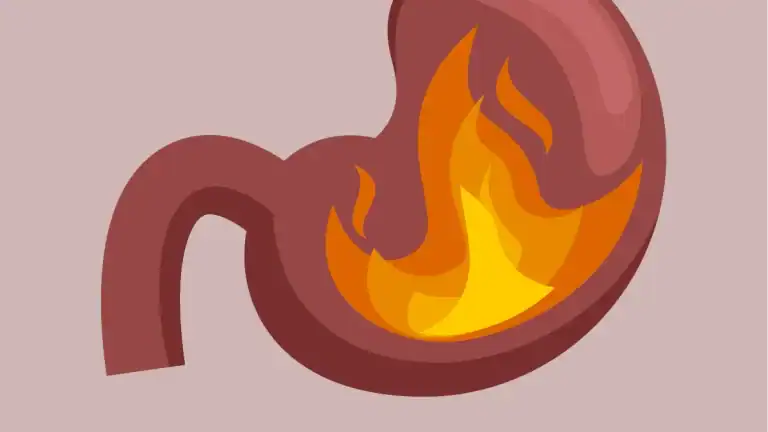
What are spleen problems, and when should you be worried? Your spleen plays a vital role in your body. This organ filters blood and fights infection. This post helps you recognize key symptoms. You learn when to seek medical attention for spleen problems. Stay informed about your spleen without feeling anxious.
Key Takeaways
- Your spleen filters blood and fights infections. It is a vital organ for your health.
- Watch for 8 key symptoms of spleen problems. These include pain in your upper left abdomen, feeling full quickly, and constant tiredness.
- Seek medical help right away for severe pain, signs of internal bleeding, fever with other symptoms, or trouble breathing. These are serious warning signs.
- Many things can cause spleen problems. These include infections, blood disorders, and liver diseases.
- You can protect your spleen. Eat healthy foods, get recommended vaccines, and visit your doctor regularly.

Spleen Definition
Your spleen is a soft, spongy organ. It is about the size of your fist. You find it in the upper left part of your abdomen. It sits behind your stomach and under your diaphragm. This vital organ is part of your lymphatic system.
It also plays a crucial role in your circulatory system. Think of your spleen as a busy processing plant for your blood.
Spleen Functions
Your spleen performs many essential tasks. It acts as a powerful filter for your blood. This organ removes old, damaged red blood cells. It then recycles the iron from these cells. This helps keep your blood healthy. It also filters out toxins and cellular waste. This process works with your circulatory system. Your spleen stores important blood components.
It holds a reserve of red blood cells. This reserve is valuable if you experience significant blood loss. It also stores platelets. These tiny cells are necessary for blood clotting. This organ can quickly release them when your body needs them. Your spleen is a key player in your immune system.
It stores white blood cells called lymphocytes. These cells are ready to fight infections. Your spleen makes and activates these infection-fighting cells. It houses antibody-producing lymphocytes in its white pulp. It contains monocytes. These cells remove bacteria coated with antibodies.
They also help promote tissue healing. This organ breaks down and removes abnormal blood cells. It also helps regulate the number of red blood cells in your blood. During fetal development, your spleen is important for making blood cells. It continues to produce lymphocytes throughout your life. Your spleen also makes substances important for inflammation and healing.
8 Key Symptoms of Spleen Problems

You need to know the signs your spleen might be in trouble. Here are eight key symptoms of spleen problems. Recognizing these symptoms helps you understand your body.
Abdominal Pain
You might feel pain in your upper left abdomen. This is a common sign of spleen issues. The pain can spread to your left shoulder or back. You may also feel pressure in your abdomen. Sometimes, you lose your appetite because of this discomfort.
Early Satiety
An enlarged spleen can make you feel full quickly. This is called early satiety. You eat only a little food but feel like you ate a lot. Your enlarged spleen presses on your stomach. This pressure gives you a false sense of fullness. This symptom is often linked to splenomegaly.
Fatigue and Weakness
You may feel very tired or weak. Your spleen helps turn food into energy. When your spleen does not work well, your body does not get enough energy. This can lead to constant fatigue. You might also feel dizzy or have trouble concentrating. A weak spleen can also make you prone to inflammation and infections, adding to your weakness.
Increased Infections
Your spleen fights off germs. If your spleen has problems, you get sick more often. You might experience frequent infections. Your body struggles to fight certain bacteria. These include Streptococcus pneumoniae and Haemophilus influenzae. You also become more vulnerable to infections like malaria or those from dog bites.
Bleeding and Bruising
You might notice you bleed or bruise easily. Your spleen helps manage platelets. Platelets are tiny cells that help your blood clot. A problem with your spleen can cause it to remove too many healthy platelets. This means you have fewer platelets to stop bleeding. An enlarged spleen can also cause easy bleeding.
Anemia Signs
You may show signs of anemia. Anemia means you have too few red blood cells. Your spleen might remove red blood cells too quickly. This leaves you feeling very tired and weak. You might also feel dizzy or cold. Your skin can look pale. You may even have headaches or a fast heartbeat. This symptom is common with spleen issues.
Left Shoulder Pain
You might feel pain in your left shoulder. This pain can come from your spleen. An enlarged spleen can cause pain in your upper left abdomen. This pain sometimes travels to your left shoulder. If your spleen is injured or ruptures, blood can irritate nerves near your diaphragm. This irritation causes referred pain in your shoulder. Doctors call this Kehr’s sign.
Unexplained Weight Loss
You may lose weight without trying. This is another symptom of spleen issues. An enlarged spleen can press on your stomach. This pressure makes you feel full even after eating little. You eat less food than usual. This leads to weight loss. Doctors consider it concerning if you lose more than 10 pounds or 5% of your body weight without explanation.
When to Worry: Red Flags and When to See a Doctor
You must recognize critical signs. These signs need immediate medical attention. They can point to a serious problem with your spleen.
Severe Pain
You need to pay close attention to severe pain. This pain is often in your upper left abdomen. It can be sudden. It might happen after an injury or a blow to your body. This type of pain is not just a mild surface ache. It feels deeper.
Dr. Madsen states that concerning symptoms for spleen problems include:
- Moderate to severe, deeper pain.
- Pain with lightheadedness or shoulder pain.
- A child saying their belly “really hurts,” especially after being hit.
- Abdominal pain in the upper left side after a collision.
You might also feel dizzy. Your heart rate could be fast. You may look pale. You might feel nauseous. These are all signs of a damaged or ruptured spleen. You need to see a doctor right away if you have these symptoms.
Internal Bleeding Signs
Internal bleeding from your spleen is a medical emergency. You need to know the signs. One key sign is pain that moves to your left chest or left shoulder. This is called Kehr’s sign. It often gets worse when you breathe. This happens because blood irritates nerves near your diaphragm.
You might also feel dizzy or lightheaded. You could feel confused. Your vision might blur. You may look pale. You might feel restless or anxious. Nausea can also occur. These symptoms show blood loss and a drop in blood pressure. They indicate life-threatening bleeding.
A splenic friction rub, a sound a doctor hears, can also point to a problem. Shoulder pain can also signal a splenic infarction.
Fever with Symptoms
A high fever with other symptoms is a serious concern. You should worry if your fever goes above 101 degrees Fahrenheit. This is especially true if you also suspect an enlarged spleen. This combination, along with abdominal pain, can mean a life-threatening condition. You need to see a doctor quickly.
Breathing Difficulty
Spleen problems can sometimes cause trouble breathing. This happens when too many sickled blood cells get trapped in your spleen. This condition is called splenic sequestration. Your enlarged spleen holds too much blood. This prevents enough oxygen from reaching the rest of your body.
When blood gets trapped in your spleen, vital organs like your brain, lungs, and heart do not get enough oxygen. This is a medical emergency. You might notice pale skin. You could feel weak. Your heart might beat fast. You might also feel more tired than usual. Children might be fussy or irritable. These are all warning signs.
Common Causes of Spleen Problems
Many different issues can lead to spleen problems. Understanding these causes helps you protect your health.
Enlarged Spleen
An enlarged spleen, also known as splenomegaly, is a common issue. Many things cause an enlarged spleen. Chronic infections like malaria or kala-azar can make your spleen bigger. Myeloproliferative diseases also cause this. These include chronic lymphocytic leukemia, chronic myelogenous leukemia, or polycythemia vera. These conditions are common causes of spleen problems.
Spleen Rupture
Your spleen can rupture. This is a serious medical emergency. Blunt trauma to your abdomen is a main cause. Car accidents, sports injuries, or falls can cause this. Penetrating trauma, like gunshot wounds or stabbings, also causes rupture. Some infections, such as mononucleosis or hepatitis, can weaken your spleen. Connective tissue disorders and certain types of cancer also increase rupture risk.
These conditions cause inflammation and an enlarged spleen. This weakens its outer layer. Starting treatment for leukemia or taking certain medications can also lead to rupture. P. vivax infection and babesiosis are other causes. A spleen with a thinning capsule from splenomegaly, infarcts, hematomas, hemangiosarcomas, lymphoma, or leukemic disorders is also at higher risk.
Infections
Infections can directly affect your spleen. They can cause inflammation and an enlarged spleen. This makes your spleen work harder. If your spleen is fighting a severe infection, it can become overwhelmed. This leads to spleen problems. You might experience frequent infections if your spleen is not working well.
Blood Disorders
Blood disorders often lead to spleen problems. Your spleen helps manage your blood cells. Hypersplenism means your spleen is too active. It removes too many blood cells.
This causes anemia. Spherocytosis is another disorder. Your red blood cells are malformed. Your spleen filters these cells. This can cause anemia and an enlarged spleen. Idiopathic Thrombocytopenia Purpura (ITP) involves low platelet counts. Your immune system attacks platelets. Your spleen often plays a role in this. A larger spleen volume often means higher red blood cells and hemoglobin. It also means lower platelet and white blood cell counts.
Liver Diseases
Liver diseases can harm your spleen. Non-Alcoholic Fatty Liver Disease (NAFLD) significantly affects spleen health. In NAFLD, your spleen’s ability to fight germs goes down. You have fewer antibodies. Your spleen shows more inflammation. Its immune cells do not work as well. This directly impacts your spleen’s immune response.
Diagnosing Spleen Issues
Doctors use several methods to find out if you have a spleen problem. These tests help them understand your condition. A proper diagnosis is the first step to getting better.
Physical Exam
Your doctor starts with a physical exam. They will gently feel your abdomen. They check for a palpable spleen below your ribs. The doctor notes its texture and if it feels tender.
They also perform a Splenic Percussion Sign, also called Castell’s Sign. This involves tapping your side. A shift from a hollow sound to a dull sound when you breathe deeply can suggest an enlarged spleen. Dullness in Traube’s space also suggests splenomegaly, but it does not always confirm it.
Imaging Tests
Doctors use imaging tests to see inside your body. These tests give clear pictures of your spleen. Ultrasonography (US) is often the first test. It uses sound waves.
If doctors find something unusual, they might order more tests. Computed Tomography (CT) and Magnetic Resonance (MR) imaging are also very helpful. CT scans show clear images of your spleen. Contrast dye makes these images even better. It helps doctors find calcifications or tears. CT and MRI give clear pictures, but they cost more. They also expose you to some radiation (CT).
| Imaging Modality | Diagnostic Accuracy (AUC) | Sensitivity (%) | Specificity (%) |
|---|---|---|---|
| PET scan | 92% | 93% | 82.8% |
| Contrast-enhanced ultrasound (CEUS) | 91.4% | N/A | N/A |
| Contrast-enhanced CT scan | 90.9% | N/A | N/A |
| Contrast-enhanced MRI | 85.3% | N/A | N/A |

Blood Tests
Blood tests help doctors check your blood cells. A Complete Blood Count (CBC) is a common test. It measures your red blood cells, white blood cells, and platelets. An enlarged spleen can reduce these healthy cells in your bloodstream. This can lead to more infections, anemia, and easy bleeding. Doctors also order Liver Function Tests. These tests check your liver health. Liver problems can sometimes affect your spleen.
Treatment for Spleen Problems
When you have spleen problems, your doctor will create a plan. This plan focuses on your specific condition. The goal is to help your spleen work better or manage its effects.
Managing Underlying Conditions
The best way to treat many spleen problems is to address their root cause. You must manage the condition that affects your spleen. For example, if you have chronic liver disease, treating your liver helps your spleen.
Malignancies like leukemia or lymphoma can cause an enlarged spleen. Treating these cancers can reduce your spleen’s size. Infections also cause spleen issues. These include infectious mononucleosis, HIV, or parasitic infections like malaria. Treating these infections is key.
Hereditary spherocytosis, a blood disorder, also requires management. This condition makes your spleen filter abnormal red blood cells. Managing these underlying conditions is a primary treatment.
Medications
Doctors use medications to help with spleen problems. You might receive vaccines to prevent infections. These include inactivated bacterial vaccines. Your doctor may prescribe antibiotics, such as Amoxicillin, to fight bacterial infections. These medicines help your body, especially if your spleen is not working well. This treatment supports your immune system.
Surgical Options
Sometimes, surgery is necessary for your spleen. This is often the case for severe spleen problems. You might need surgery for conditions like immune thrombocytopenic purpura (ITP) or hemolytic anemias. Malaria, thalassemia, or splenic abscesses can also require surgery.
If you have a severely enlarged spleen that causes symptoms, your doctor might recommend a splenectomy. This is the complete removal of your spleen. This treatment is also common for splenic rupture, a medical emergency. Partial splenectomy removes only part of your spleen. This option is for localized cysts or tumors. Splenic artery embolization is a less invasive treatment.
It reduces spleen size in some blood conditions. Laparoscopic splenectomy is a minimally invasive way to remove your spleen. It offers faster recovery.
Spleen Health: Prevention and Management
You can take steps to protect your spleen and keep it healthy. These actions help your body function well.
Lifestyle Adjustments
You can make simple changes to support your spleen. Cook your food thoroughly; this helps your body break it down easily and reduces your spleen’s workload. Include a variety of healthy foods in your diet. Eat vegetables like broccoli, spinach, and sweet potatoes. Enjoy fruits such as bananas, citrus, and berries. Choose whole grains like quinoa and brown rice.
Incorporate lean proteins like chicken and fish. Use healthy fats like avocado and olive oil. Limit unhealthy fats, refined sugar, and processed foods. Season your meals with warming herbs like cinnamon, turmeric, and garlic. These herbs cleanse and purify your organs.
Eat small meals frequently, every two to three hours, and chew your food slowly. This aids digestion. Ensure you get enough protein. It helps with digestion and nutrient absorption. Add yellow foods like egg yolks and cantaloupe; they provide vitamin C and aid digestion.
Reduce your stress levels through mindful breathing, exercise, or unplugging from technology. This protects your spleen from becoming overworked.
Regular Doctor Visits
Regular check-ups help monitor your spleen health.
If you have experienced blunt abdominal trauma, especially children, you need follow-up ultrasound examinations. Your doctor will recommend these checks within 4–12 weeks after the injury. If you have a pseudoaneurysm, you will have Doppler ultrasound examinations every 15 to 20 days. These visits ensure early detection of any complications.
You now understand the 8 key symptoms of spleen problems. Remember critical “when to worry” signs like severe pain or breathing difficulty. Do not ignore any persistent symptom. Consult your doctor promptly for any concerns.



